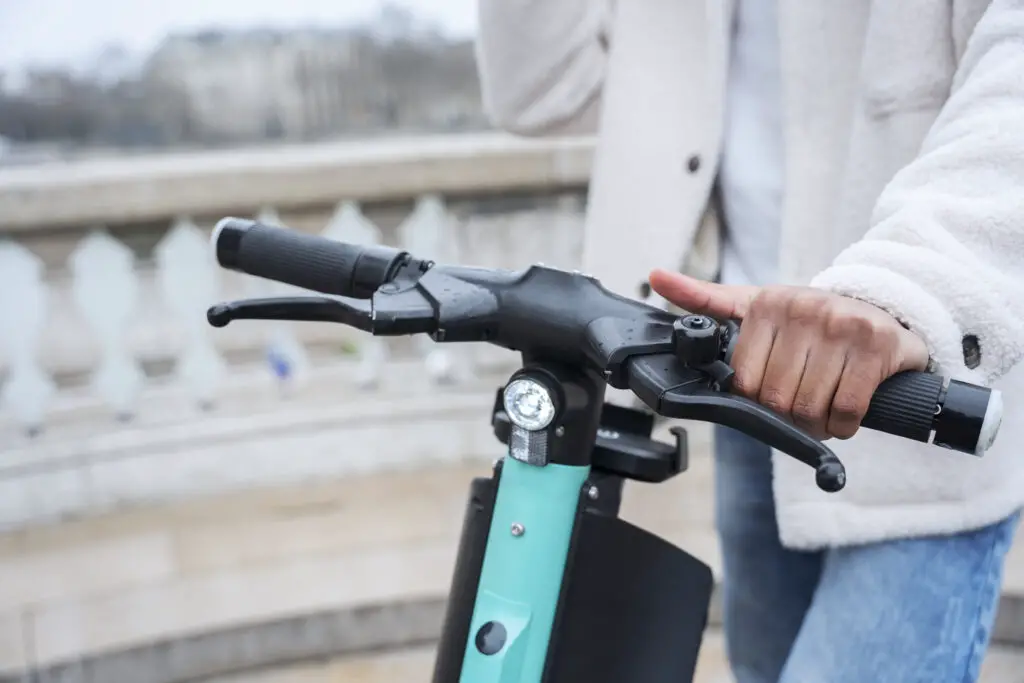Electric scooters have become a popular mode of transportation, offering convenience, affordability, and eco-friendliness. But with their rise in popularity comes a common question: Is an electric scooter considered a vehicle? The answer depends on the context—whether it’s legal, practical, or even societal. Let’s break it down.
What Defines a Vehicle?
A “vehicle” is generally defined as any device designed to transport people or goods from one place to another. Legally, however, the definition can vary depending on the country, state, or city. Vehicles typically fall into categories like:
- Motor vehicles (e.g., cars, motorcycles, and trucks).
- Non-motorized vehicles (e.g., bicycles and push scooters).
- Specialized vehicles (e.g., wheelchairs and segways).
Electric scooters, or e-scooters, are powered by electric motors and are designed to transport individuals over short to medium distances. Therefore, they meet the general definition of a vehicle. However, their classification can vary in legal contexts.
How Are Electric Scooters Classified Legally?
The classification of electric scooters varies worldwide. Here’s how they are generally treated:
2.1 In Many Countries
Electric scooters are often classified as “Personal Mobility Devices” (PMDs) or “Light Electric Vehicles” (LEVs). They may not fall into the same category as traditional motor vehicles but are still considered vehicles under traffic laws.
2.2 Licensing and Registration
- In some places, electric scooters are exempt from licensing and registration because they are lightweight and have lower speed limits (typically under 25 km/h or 15 mph).
- In others, they may require a specific license or registration, especially if they exceed certain power or speed thresholds.
2.3 Where Are They Allowed?
Electric scooters are commonly restricted to bike lanes, sidewalks, or specific urban zones. Riding them on highways or major roads is often prohibited.
Practical Considerations: Are E-Scooters Treated Like Vehicles in Daily Life?
In practical terms, whether an electric scooter is treated as a vehicle depends on the following factors:
3.1 Road Usage
- Yes, like vehicles: In many urban areas, electric scooters are subject to traffic rules, including speed limits and right-of-way regulations. Riders may need to use bike lanes or designated paths.
- No, not like vehicles: In pedestrian-heavy areas, they are often treated more like bicycles or skateboards and may be allowed on sidewalks.

3.2 Safety Equipment
Just like vehicles, electric scooters require safety precautions. Riders may need to wear helmets, use lights at night, and install reflectors.
3.3 Insurance and Liability
Some jurisdictions require e-scooter insurance, especially for rental services. This aligns them more closely with motor vehicles in terms of accountability for accidents or damages.
Environmental and Social Perspective
From an environmental and social standpoint, electric scooters are viewed as an alternative to traditional vehicles:
- Eco-Friendly Transportation: They reduce reliance on fossil fuels and help decrease urban pollution.
- Last-Mile Connectivity: Electric scooters fill a unique gap in transportation, especially in areas where cars or public transit may not be ideal.
While they may not replace cars or motorcycles entirely, they serve a purpose similar to bicycles or mopeds in providing short-distance travel options.
Pros and Cons of Considering E-Scooters as Vehicles
Pros:
- Aligns them with existing traffic laws for safer integration into public roads.
- Encourages riders to follow rules, reducing accidents and conflicts with pedestrians.
- May improve urban infrastructure with dedicated lanes for e-scooters.
Cons:
- Over-regulation may discourage adoption and stifle innovation in micromobility.
- Riders may face additional costs like licensing, registration, or insurance.
- Creates confusion in areas where the laws are not clearly defined.
Final Verdict: Are Electric Scooters Vehicles?
The answer depends on the context:
- Legally: In many places, yes, they are considered vehicles, although often in a distinct category like PMDs or LEVs.
- Practically: They share characteristics with vehicles but are often treated differently, especially in pedestrian zones.
- Socially: They are increasingly recognized as a legitimate mode of transportation, bridging the gap between walking and driving.
As electric scooters continue to evolve and gain popularity, laws and public perceptions will adapt to integrate them more seamlessly into transportation ecosystems.
Final Thoughts
Electric scooters blur the lines between traditional vehicles and personal mobility devices. While they may not always be classified as motor vehicles, they are undeniably an integral part of modern transportation. Understanding their classification, rules, and responsibilities is key for safe and lawful use.
If you’re considering an electric scooter, check your local laws to ensure you know where and how you can ride. Embrace this eco-friendly, convenient mode of transport and enjoy the ride! Let me know if you’d like further refinements or additional points added!
Discover more from Chikwem
Subscribe to get the latest posts sent to your email.